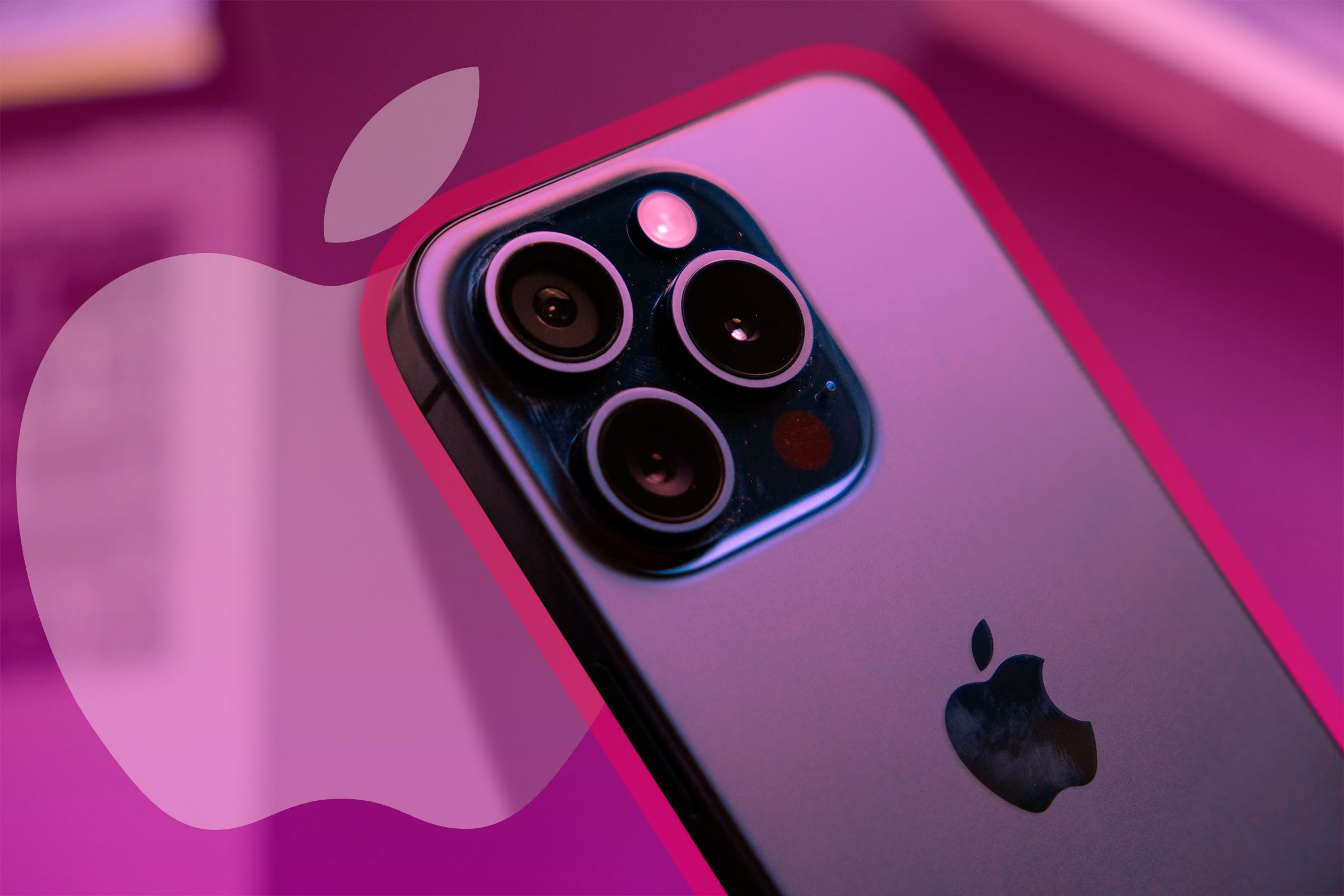Apple’s mandatory 30% fee for billing through the App Store, and its predatory nature, has been the subject of controversy for a long time now. It has also been one of the main drivers for legislation that forces it to allow third-party app stores, which is happening in the European Union but not in the US for now. Now, Apple is going after Patreon to enforce its fees there.
Apple’s in-app purchase system will now apply a 30% fee on all new memberships purchased through the Patreon iOS app. To help creators navigate this, Patreon is offering an optional tool to automatically increase prices within the iOS app to offset this fee. However, creators can also choose to absorb the fee, resulting in lower earnings per membership. It’s important to know that this fee will not impact existing subscriptions or prices on other platforms.
Apple’s in-app purchase system only supports subscription billing, forcing creators currently using first-of-the-month or per-creation billing models to switch. Patreon has begun a 16-month migration process to move all creators to subscription billing by November 2025. Regardless of this timeframe, it’s important to note that Apple is demanding the billing fee to kick in by November this year, so if you haven’t changed your billing, the option to subscribe will be disabled on Apple devices.
Patreon emphasizes that Apple’s mandates are forcing them to make these changes. It’s also important to note that this has an effect on apps sold through alternative app stores with Patreon as the billing method—if someone subscribes through the Patreon app, then the billing changes will also impact you and your revenue. It seems like Apple found another way to impact apps sold outside the App Store in the European Union, on top of the platform fees that still exist.
Source: Patreon





